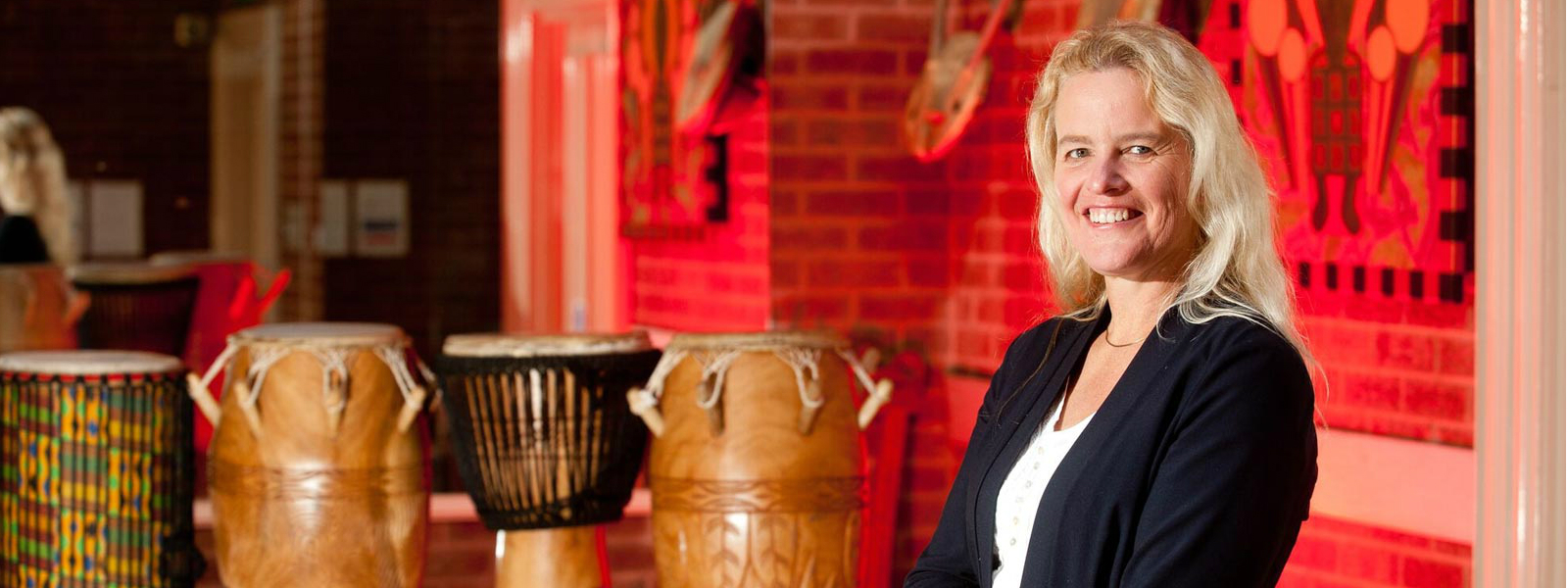Sounding Conflict: From Resistance to Reconciliation

For further information on the work with the project collaborator, Musicians Without Borders, please see the links below:
https://www.musicianswithoutborders.org/2017/03/sounding-conflict-research-study/
https://www.musicianswithoutborders.org/programs/places/music-bridge/photos/
The following is the press relase from July 2016:
The Senator George J. Mitchell Institute for Global Peace, Security and Justice has secured a major new research award from the Arts and Humanities Research Council, to understand how sound and music underpin activism and political agendas, as well as transform experiences of conflict.
The £800,000 grant is one of the largest to be awarded to the university’s Faculty of Arts, Humanities and Social Sciences.
The Mitchell Institute will lead this innovative study into the role of sound, music and digital media in conflict and post-conflict regions around the world. It will bring together an interdisciplinary team of researchers from Anthropology, Music, English, Politics and the Sonic Arts Research Centre.
The project will focus on the Middle East, Brazil and Northern Ireland, examining how communities that have experienced conflict respond to processes of musical activism, participatory music making, sonic arts and dramatised performances of resistance and reconciliation. Each case study will contribute to a final sound-art installation and exhibition, showcased in Derry and Rio de Janeiro.
Institute Director, Professor Hastings Donnan FBA said: “This substantial award enables the Institute to address the challenge of understanding and transforming conflict in innovative and exciting ways. It offers clear evidence that by bringing the university’s international and disciplinary expertise together, the Institute opens up new lines of research inquiry that set the research agenda for the study of conflict and peace-building.”
Project lead investigator, Professor Fiona Magowan said: “Sound is an often unacknowledged element of conflict and conflict transformation. This project will redress this omission not only by incorporating sound as a central aspect of academic analysis but by exploring the impact of sound on the public through dramatic performances and sound installations.”
https://www.qub.ac.uk/research-centres/SoundingConflict/
